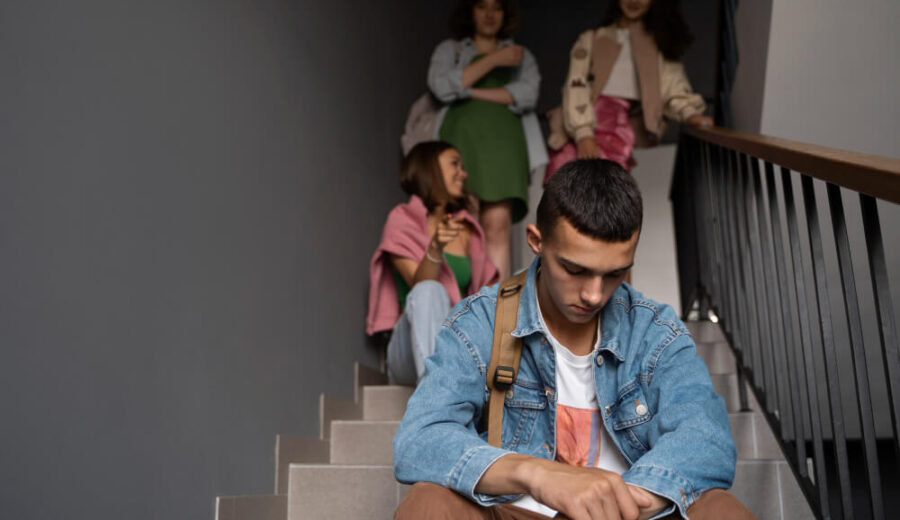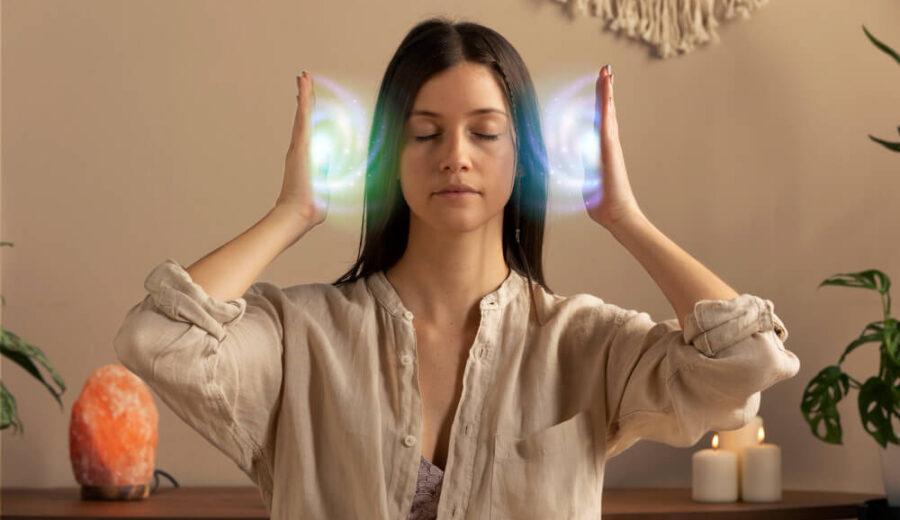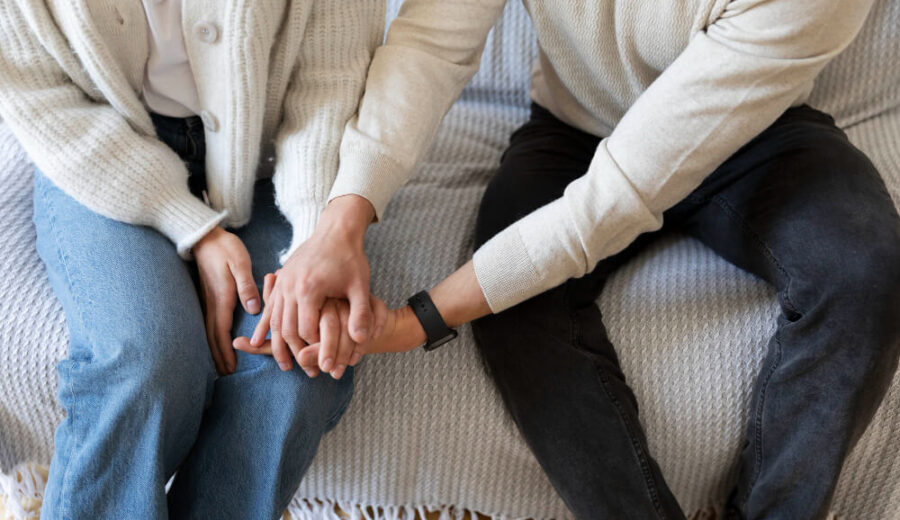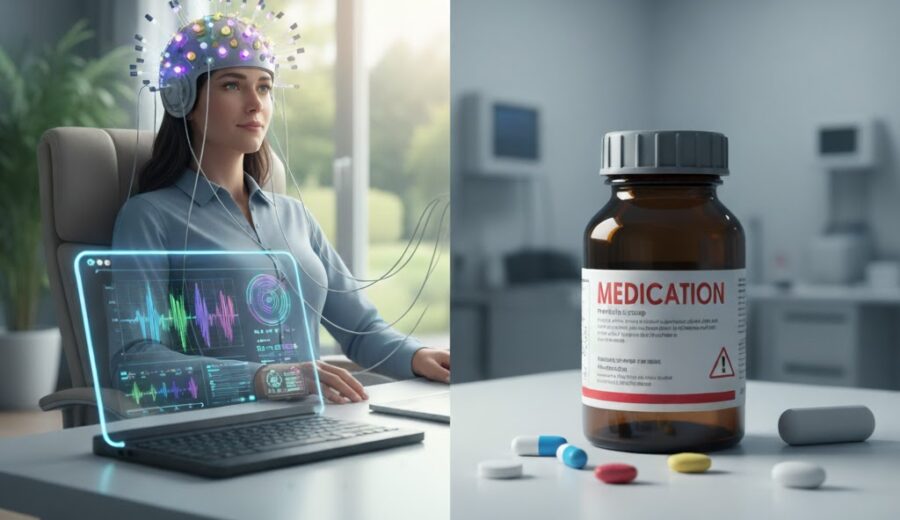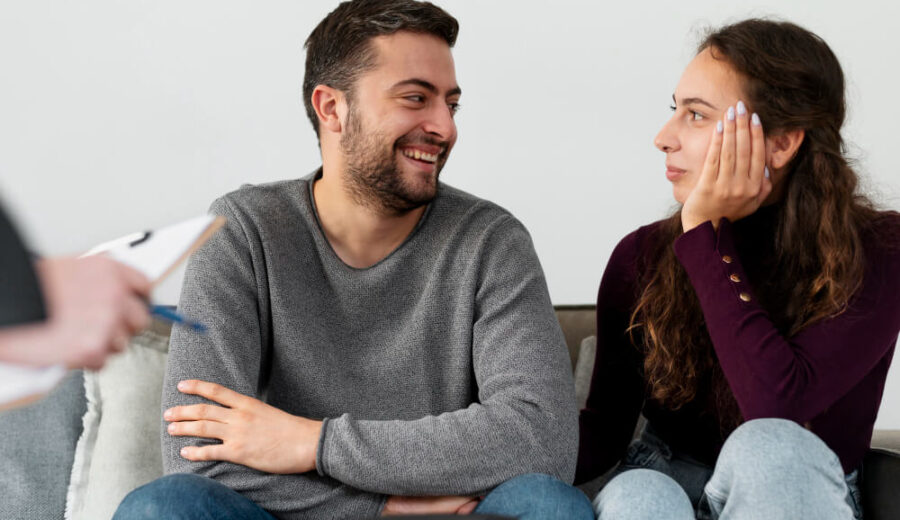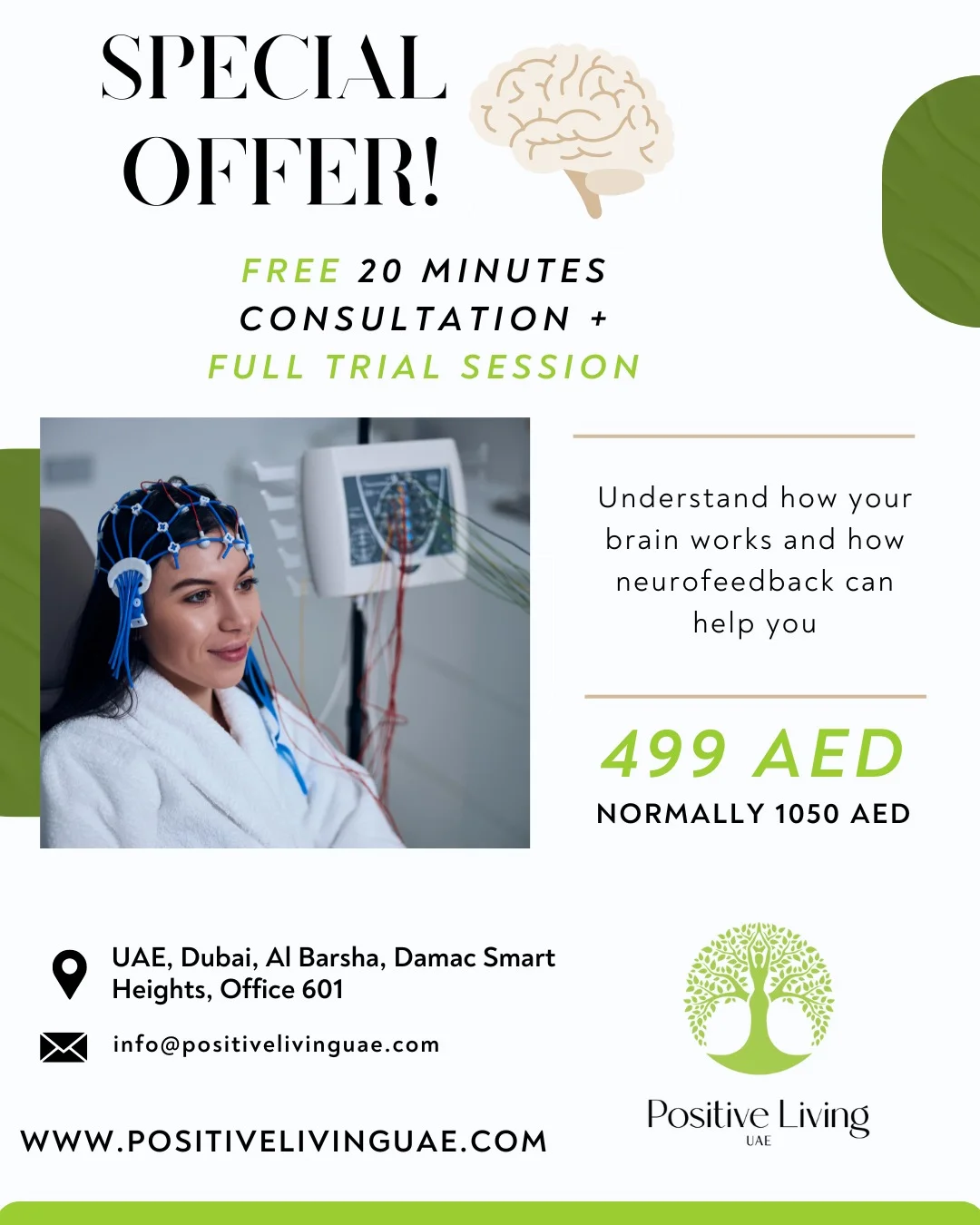Bullying, Body Image and Burnout: How Counsellors Help Teens Heal and Grow
Life for teenagers in Dubai moves fast. Between juggling studies, social media, and cultural crossroads, many young people face invisible struggles, bullying that cuts deep, body image worries shaped by endless scrolling, and burnout that leaves them feeling numb. Around the world, one in three teens experiences bullying, and nearly half say social media hurts their mental health. In the UAE, it’s no different: 47% of students report being bullied, and 81% feel overwhelmed by pressure. These challenges often spiral into anxiety, isolation, and self-doubt. But help exists. Adolescent therapy and youth mental health counselling in Dubai are giving teens the tools to heal, rebuild confidence, and find balance again.
Bullying, Body Image, and Burnout in Teens
Adolescence is a crucible of growth, yet in today’s hyperconnected world, teens in the UAE and beyond grapple with amplified pressures that distort self-perception and drain resilience. From classroom taunts to filtered feeds and relentless study schedules, these issues interconnect, fostering a silent crisis where 70% of UAE teens cite academic stress as a primary stressor. Understanding their depth reveals why proactive counselling for teens is not optional but essential for breaking the cycle and nurturing lasting well-being.
Bullying
Bullying chips away at a teen’s sense of self. In the UAE, nearly half of private school students have faced it in the past year, and most of it happens through words or exclusion. Parents report even higher numbers, saying their kids have been targeted. In a city where schools mix dozens of cultures, misunderstandings can quickly turn harmful. The result? Anxiety, poor grades, and loneliness. Teenage mental health support helps reverse this by rebuilding self-worth and teaching assertiveness, helping teens separate their identity from what others say.
Body Image Battles
Social media paints an impossible picture of “perfect.” Studies show 40% of teens feel worse about their looks after being online, and in the UAE, where screen time averages 2.5 hours a day, that impact runs deep. By elementary school, half of the girls already feel unhappy with their bodies, and one in four boys thinks he’s “too thin.” Over time, this pressure feeds low confidence or disordered eating. Teen counselling UAE helps reframe these thoughts using compassion-based techniques, guiding young people to appreciate their bodies for what they can do, not just how they look.
Burnout
Teens here often juggle demanding academics, sports, and social expectations. Globally, 81% report feeling constant pressure, and a lot of UAE students tie stress directly to school. Burnout shows up as fatigue, irritability, and disinterest, signs that often go unnoticed. Left untreated, it triples the risk of anxiety. Counsellors teach balance, mindfulness, and realistic goal-setting so teens can push forward without losing joy.
How Therapy Helps Teens Rebuild
Teen counselling is about equipping young people with coping tools that last a lifetime. Studies show 70–80% of teens in therapy report improvements in mood, focus, and self-esteem. In Dubai’s diverse community, therapists combine evidence-based care with cultural understanding, creating a safe space where teens can open up and feel heard.
Healing from Bullying: Reclaiming Confidence
Therapists often use different methods to help bullied teens rewrite internalised guilt and fear. Studies show this can cut anxiety by half. Trauma-informed methods teach emotional regulation and boundary-setting, helping teens trust again and reconnect socially. For many, that’s the first real step toward empowerment.
Rebuilding Body Image: Learning to Like the Person in the Mirror
For body image struggles, therapists use approaches like Acceptance and Commitment Therapy (ACT), which encourages self-acceptance and mindful detachment from unrealistic standards. Group sessions and creative outlets like art can boost self-esteem by up to 40%. Over time, teens begin to see themselves as strong and capable, not just “not enough.”
Beating Burnout: Finding Purpose Again
Therapists combine mindfulness and time-management coaching to help teens recover from burnout. Research shows stress can drop by 50% with consistent sessions. Counselling teaches that rest is not weakness but a form of growth, often involving families to build lasting support systems. By integrating family dynamics, therapy builds support networks, enhancing engagement and sleep, and building consistency where teenage mental health support helps turn these into an opportunity for further growth.
Teen Counselling at Positive Living UAE
At Positive Living UAE, therapy for teens aged 13–18 focuses on real-life challenges like bullying, social pressure, and academic stress. Using gentle tools like RTT Hypnosis and NLP, and under the guidance of certified therapists, we help young clients rebuild confidence and emotional strength without medication. Sessions also involve parents, ensuring support continues at home. Teens leave with stronger resilience, better communication, and a clearer sense of who they are.
In a city that celebrates success, it’s easy for teens to forget that their worth isn’t tied to grades, looks, or popularity. But healing is possible, with the right guidance. Teen counselling i in Dubai offers a safe space to turn pain into strength, helping young minds rediscover confidence, clarity, and calm. Because every teen deserves to grow and not just survive.

